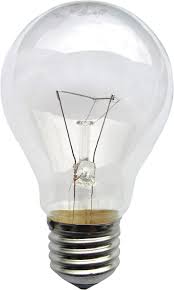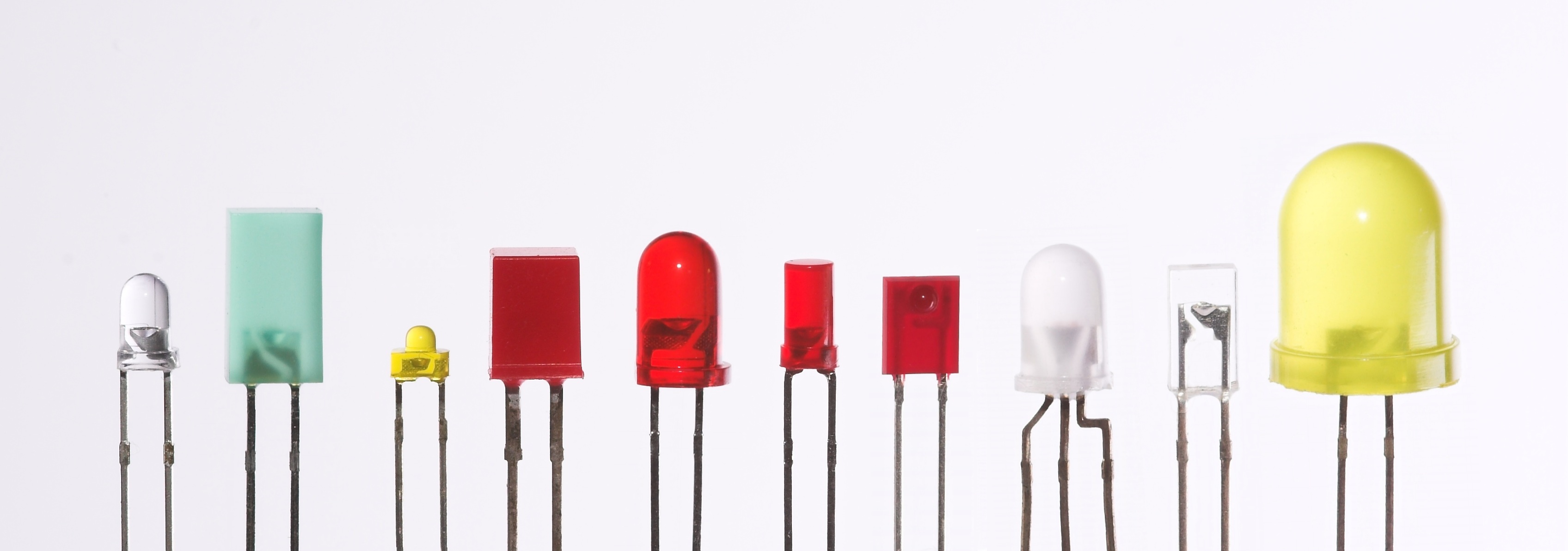Week 12 - Materials
4. LCA Case study - step 1
 The following is an example of a step by step LCA to compare lightbulbs, LED v's incandescent. It is important to remember that LCA does not have to be comparative tool (i,e it is not always used to compare products). Please note that this has been highly simplified ! Many LCA can take years to create as there is much data to be considered many mathematical matrices to be used.
The following is an example of a step by step LCA to compare lightbulbs, LED v's incandescent. It is important to remember that LCA does not have to be comparative tool (i,e it is not always used to compare products). Please note that this has been highly simplified ! Many LCA can take years to create as there is much data to be considered many mathematical matrices to be used.
Step 1
Decide on a functional unit so that the comparison is fair. For example, you should not consider two substances measured in different units. If one product is solid and another liquid, it would not be feasible to compare on a unit by unit basis but you could use a mass unit, e.g kg or g. Make sure that the unit will work well for all products (i.e don't choose a unit which is too large or too small for the majority of the products).

In this example, we can use the lightbulb as a unit but if we are comparing two similar products then we should apply boundaries to this. For example, it is fair to compare a 100W halogen bulb with a 100W incandescent bulb ? This example uses the luminous flux of all exams between 345-420 lumens. The comparison is therefore made between 40W incandescent and 8W LED bulbs. Also specified is reference parameter of a lifetime of 25 000 hours. For an incandescent bulb, this will be the equivalent of 25 lamps whereas for an LED lamp, this is just one unit.